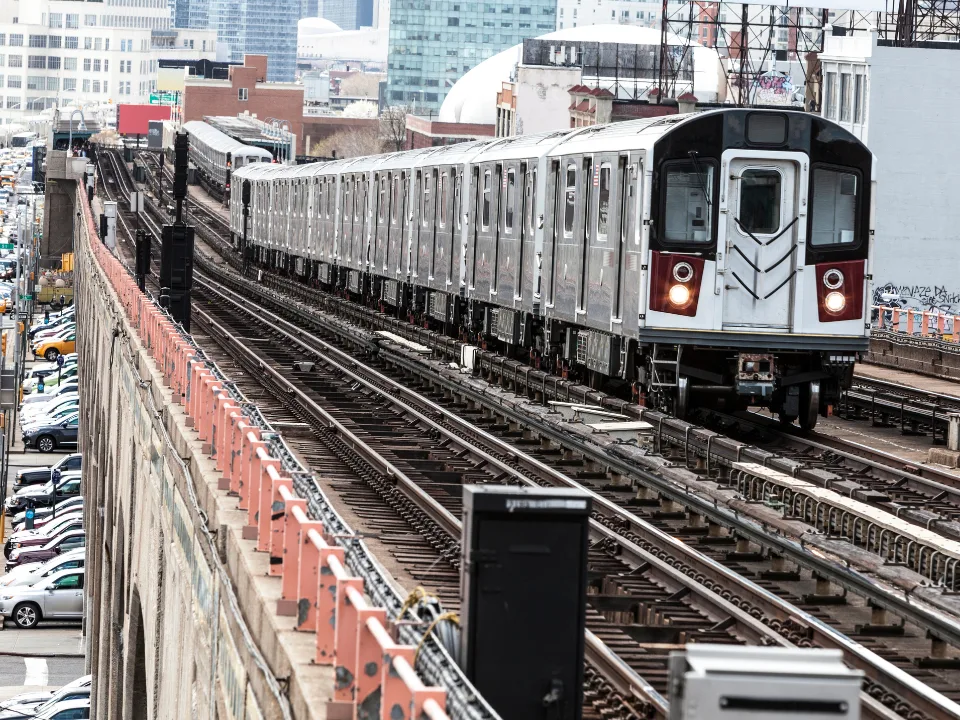- Investor Lois Martin’s lawsuit claims Arbor concealed a u0022toxicu0022 mobile home portfolio to inflate its stock price, citing a report by short-seller Ningi Research.
- Arbor Realty Trust denies the allegations, stating that they have never owned any interest in a mobile home portfolio and dismissing the claims as meritless.
- The lawsuit alleges Arbor’s financial statements cannot be trusted, with vital repo lines at risk and significant delinquencies reported in its multifamily loan book.
Multifamily lender arbor realty trust (ABR) is under scrutiny after investor Lois Martin filed a lawsuit claiming the company concealed a “toxic” portfolio to inflate the ABR share price.
The lawsuit also follows a federal investigation into alleged fraud within Arbor’s financials, as reported in The Real Deal.
The Allegations
Martin’s lawsuit, which seeks class-action status, could potentially involve thousands of plaintiffs.
The suit references a March 2023 report by short-seller Ningi Research, which alleged Arbor hid a “toxic” mobile home portfolio through a network of holding companies, some of which were purportedly fake, over the past decade.
The lawsuit alleges that Arbor failed to disclose the performance of the mobile home portfolio to avoid insolvency, that approximately $600M in Arbor’s escrows “evaporated overnight,” and that the lender’s financial statements “cannot be trusted.” The suit also claims that Arbor’s crucial repo lines, essential for lending, are “drying up” and $2.5B in credit lines could be subject to margin calls.
Basically, Martin contends that Arbor’s scheme amounts to securities fraud if proven.
Arbor’s Response
Meanwhile, Arbor Realty Trust has firmly denied all allegations. A spokesperson stated, “Arbor does not own, nor has it ever owned, any interest in a mobile home portfolio,” and dismissed the claims as without merit.
Arbor also argued that Ningi’s report was an attempt to profit from a short position, noting that Arbor’s shares fell by 11% following the report’s release.
Investigations, Implications
If these allegations prove to be true, Arbor could face severe consequences.
Repo lines allow lenders to borrow money to make loans, with the loans themselves serving as collateral. If the value of assets drops, margin calls could follow, forcing Arbor to cover the shortfall. Whether Arbor has the necessary liquidity to meet these potential calls is in question.
In addition to Ningi’s report, Martin’s lawsuit also cites a December report by short-seller Viceroy, which claimed Arbor’s entire loan book is distressed. While short-seller reports and investor lawsuits are not uncommon following drops in share prices, the federal investigations by the Department of Justice and the FBI add a lot of pressure.
Recently, Arbor reported $1B in multifamily delinquencies in its Q2 earnings, indicating substantial difficulties in managing troubled loans on their balance sheets.
















